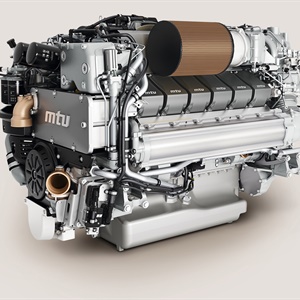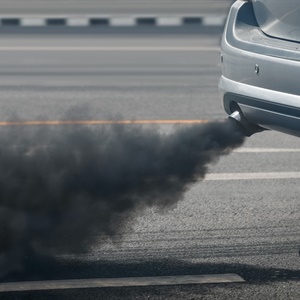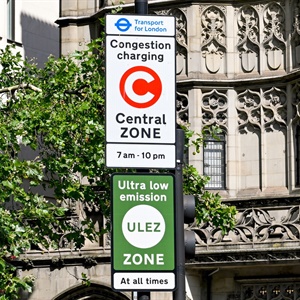Nanoprinters unlock AI’s material revolution
Nanoprinters are finally helping us make use of AI breakthroughs in advanced materials. Materials science is undergoing a watershed moment. The recent AI boom is helping researchers uncover novel materials at an unprecedented pace and we are seeing tech giants, from Meta to Microsoft and Google, channelling vast resources into this field. Thanks to these advances, researchers can now rapidly spot patterns, identify the best candidates for different applications, prioritise materials that are more sustainable and simulate how materials behave under a range of conditions. “AI is removing a lot of the legwork,” explains Mark Bonner, senior research engineer at Fathom3, an innovation and development hub for A-SAFE in the UK. “With experimental data, for instance, AI can sift through it and…






















